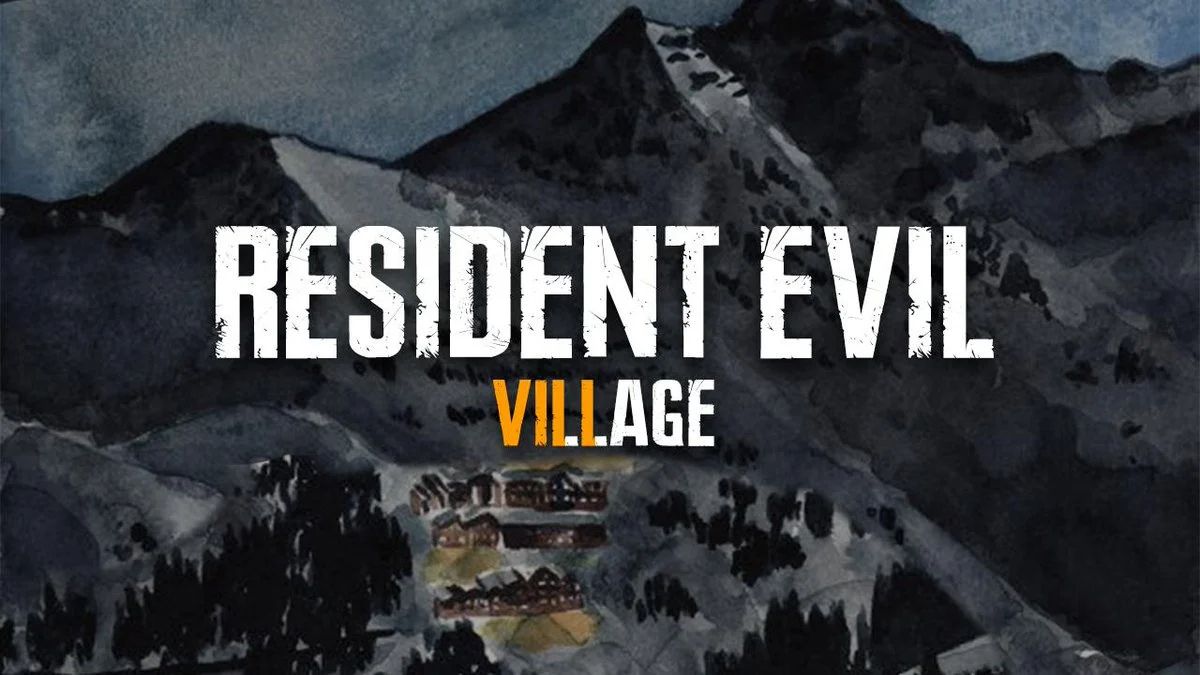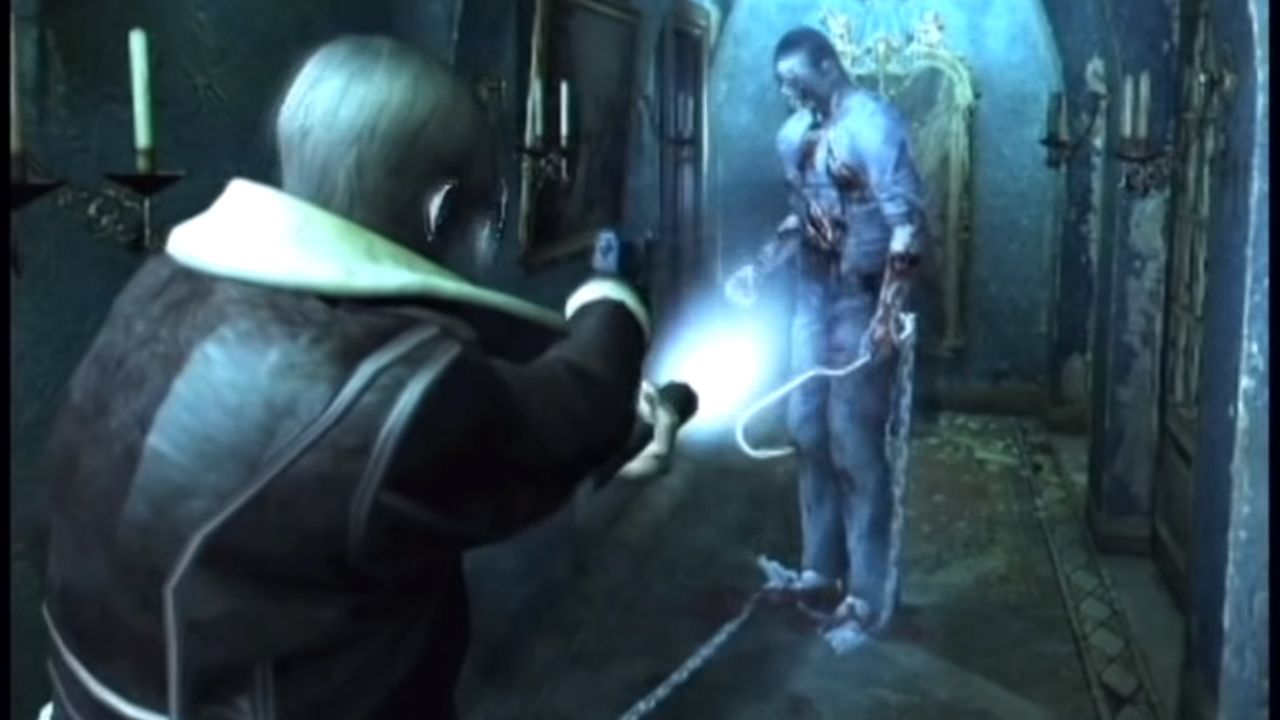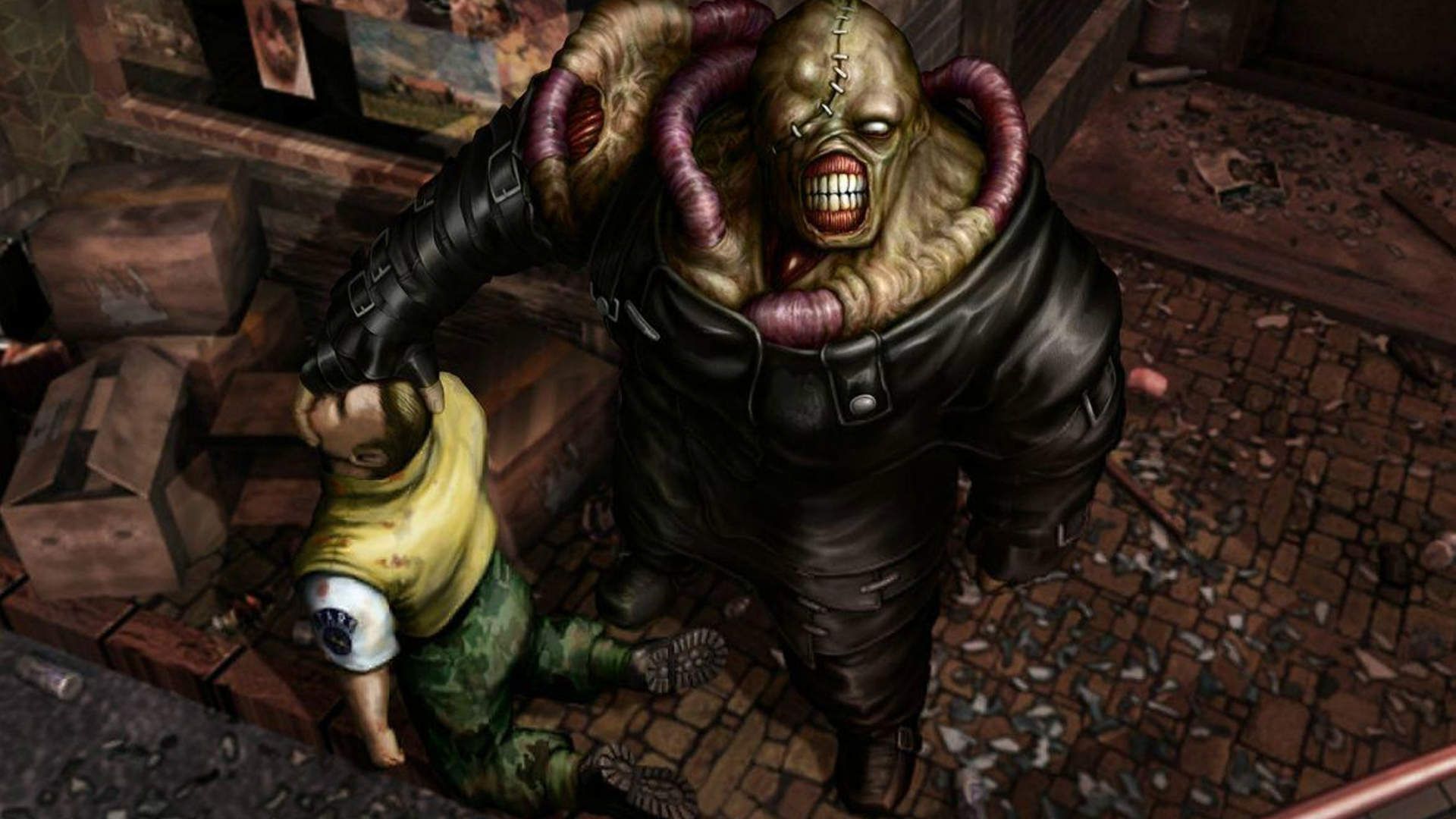With the recent release of the relatively controversial remake of Resident Evil 3, conversation regarding the series is at an all-time high. Longtime fans of the franchise that coined the term “survival horror” seem to be conflicted about the series’ future. Some are pining for a remake of either Code Veronica or Resident Evil 4, while others want a continuation of the Revelations sub-series, and others still want to see the next mainline RE title debut in the near future. Yet, with rumors concerning the series’ next entry seemingly pouring in from all directions, it’s hard to know exactly what we’re in for. But based on one source, Resident Evil could be in for some really bizarre shake-ups and formula changes.
That would be a huge divergence from the series’ standard fare, and we would have to imagine that a large portion of the Resident Evil community wouldn’t be all that happy about it. Since the original title’s PlayStation debut in 1996, RE has always been about zombies, bio-organic experimentation gone awry, and the consequences of mankind seeking to play god. Supernatural horror has always been left to the likes of Fatal Frame, Silent Hill, and Clock Tower, and we fear that, should Resident Evil go down this road, it could easily lose its identity.
The RE 8 rumors seem to indicate that the game will play on the hallucination mechanic originally introduced in a 2003 Resident Evil 4 prototype. Now sometimes referred to as either Resident Evil 3.5 or the “Hook Man” demo, this snippet of early gameplay footage featured RE 2 protagonist Leon Kennedy facing off against a mysterious hook-wielding assailant during a series of hallucinations, and the game was said to have more or less been split into two parts: the real world and the hallucinatory world.
It sounds like an interesting mechanic, to be sure, but we have to wonder how long it would have taken for the gimmick to have worn thin. Being chased by an enigmatic, relentless pursuer is nothing new to the Resident Evil universe, of course, but, in a way, the demo sort of feels like Amnesia or Outlast in that players have no meaningful way of combating their enemies. It may have been innovative at the time, but, in 2020, it’s a seriously played out concept, and introducing concepts like these into RE would, at this point, sour the franchise.
Additionally, after no less than eleven canonical entries, we have to question why Capcom would consider including supernatural elements at this point. Sure, there’s only so much you can do with the ghoulish zombies and body horror synonymous with the series, but, should things devolve into a lackluster imitation of nearly every first-person “survival horror” indie game on the market, Resident Evil would suffer a crisis of identity not dissimilar from the one it faced in 2012 when Capcom tried to turn it into a Call of Duty clone with the sixth entry.
Resident Evil has a very distinctive approach and feel, and, while that may seem limiting, strict survival horror gameplay and frightening-yet-campy monsters and plots are what these games are best known for. We’ve seen that experimenting with other genres and gameplay elements hasn’t worked out for the series in the past, and running from spectral horrors in first person would simply be too much of a stretch for a saga so rooted in corporeal threats.
Source: Read Full Article


